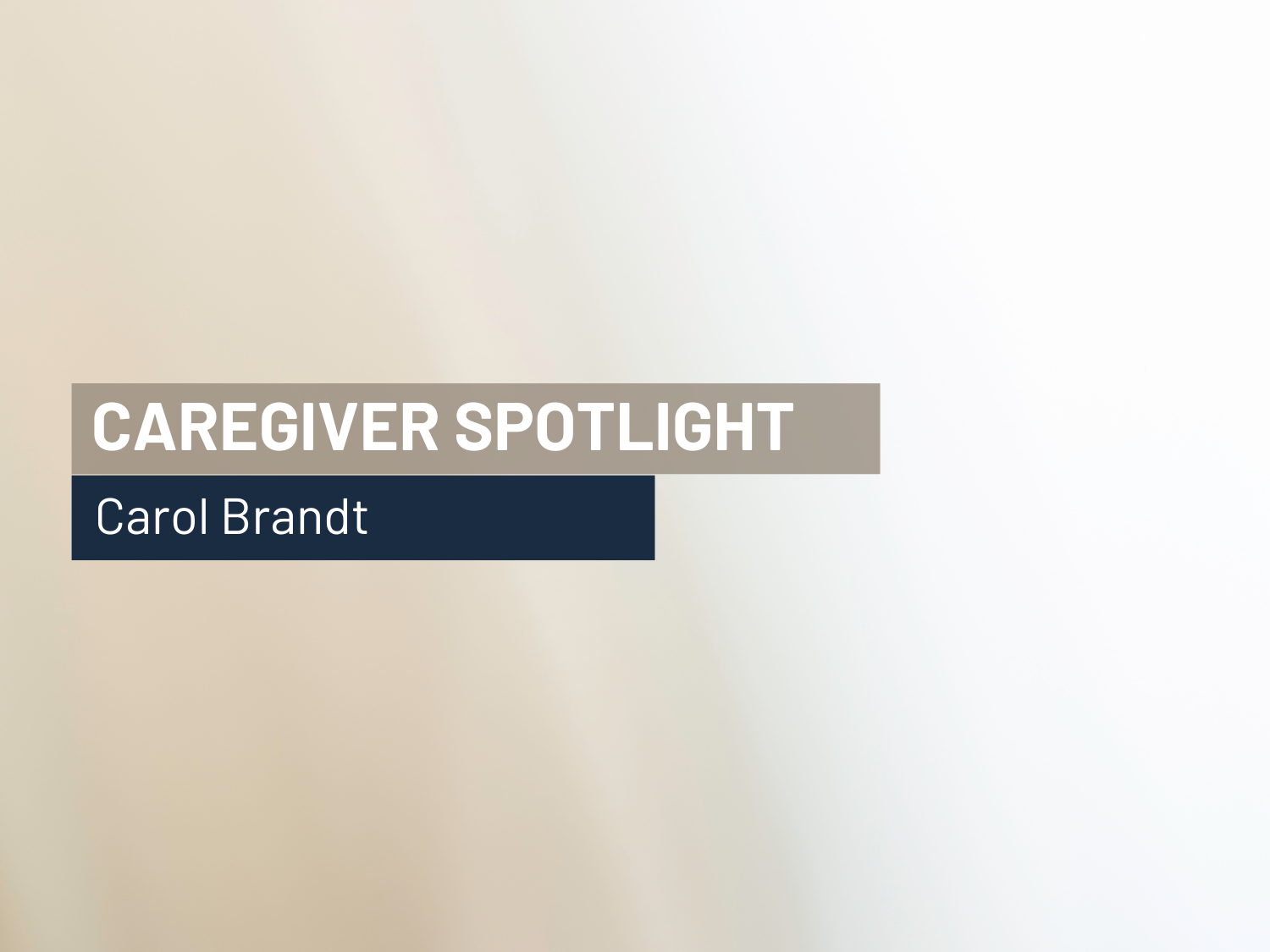Community Focus
Understanding and Preventing Medicare Fraud
12 August 2025
Medicare fraud, errors, and abuse cost an estimated $60 billion each year, impacting everyone by draining resources meant for healthcare. At Providence Health Plan, we’re committed to protecting our members and communities by raising awareness and sharing simple steps to prevent fraud. Everyone has a role in safeguarding Medicare – from beneficiaries to caregivers, families, and community members.
Understanding Medicare Fraud
Medicare fraud happens when someone intentionally misuses the system for personal gain. Common examples include charging for services or supplies never provided, misrepresenting diagnoses to justify payments, prescribing unnecessary tests, or offering incentives for a beneficiary’s Medicare information. Errors, even if honest, can also contribute to losses if not corrected, especially if they form a pattern.
“Medicare fraud doesn’t just hurt the system – it takes away resources from those who need care most,” says Shannon Drotning, Consumer and Specialty Market President at Providence Health Plan. “We’re working to educate our members and communities so they can protect themselves and their loved ones.”
Why It Matters
Fraud and errors reduce funds available for healthcare, affecting the quality and accessibility of care for all. Scammers often target older adults, using sophisticated schemes to steal Medicare numbers or personal information. These schemes can lead to financial loss, damaged credit, and stress, impacting members’ well-being.
Steps You Can Take
Everyone can help prevent Medicare fraud. Here are simple actions to protect yourself and others:
-
Monitor Statements: Check your Medicare statements to ensure the services and products listed match what you received. Request a free My Health Care Tracker from your local Senior Medicare Patrol (SMP) to help. It’s also recommended to monitor the Explanation of Benefits from your Medicare Advantage plan.
-
Protect Personal Information: Treat your Medicare number like a credit card number. Never share it over the phone or with unsolicited callers. Create a Medicare.gov account to review statements online.
-
Be Cautious of Unsolicited Offers: Avoid ordering medical items from TV ads or unsolicited calls. Only accept services ordered by a trusted doctor you see regularly.
-
Report Suspected Fraud: If you suspect Medicare fraud, contact the Centers for Medicare & Medicaid Services (CMS) via their Reporting Medicare Fraud & Abuse webpage. Reach out to your local Senior Medicare Patrol (SMP) or call your provider to resolve errors. PHP members can rely on our Customer Service team to advocate and address concerns.
-
Protect Your Information: Avoid sharing personal health details in surveys from unknown sources on social media, at health fairs, or over the phone. Choose providers and supplies within your health plan’s vetted network to safeguard your data and reduce risks. When members use our network, it ensures PHP can advocate for you if issues arise.
-
Register for Protection: Add your phone number to the National Do Not Call Registry at donotcall.gov and opt out of unsolicited mailings at optoutprescreen.com.
Community Effort for a Stronger Future
Preventing Medicare fraud is a shared responsibility. Caregivers can watch for unapproved items, like durable medical equipment, sent to a beneficiary’s home. Families can talk to loved ones about protecting their Medicare number. Community members can look out for older neighbors and share information about scams. Health providers can educate patients about common scams, such as those involving genetic testing or unneeded equipment.
“We all have a role in protecting Medicare,” says Shannon Drotning. “At Providence Health Plan, we believe that when we work together, we can stop fraud and ensure care reaches those who need it most.”
Take Action Today
Don’t wait to protect yourself or your loved ones. If you suspect fraud, call 1-800-MEDICARE or visit the CMS Reporting Medicare Fraud & Abuse webpage. Together, we can keep our community’s healthcare system strong and equitable.



